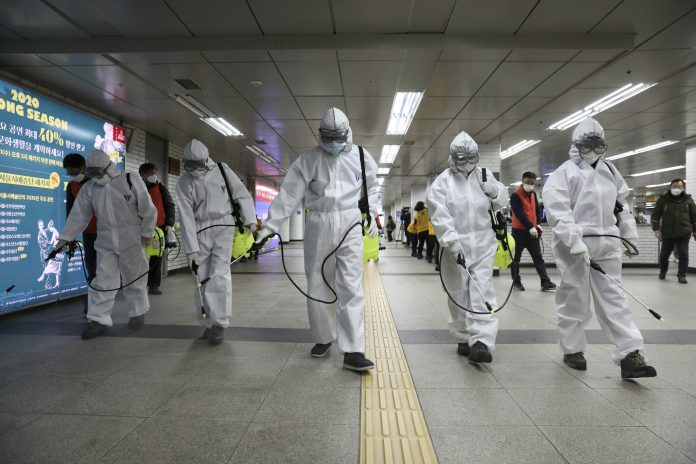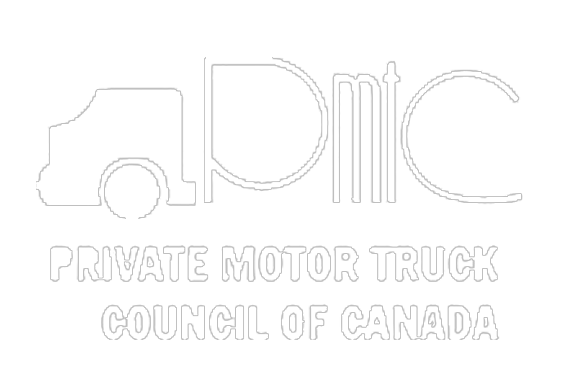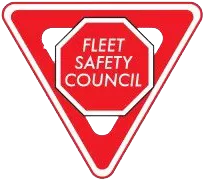
In addition to spotting the signs of the disease, you should also know what to do to prevent it.
For example, to prevent catching (or spreading) respiratory illnesses like influenza or corona viruses, health officials recommend people take the following precautions:
- Wash your hands frequently with soap and water, or use alcohol-based hand sanitizer if hand-washing isn’t an immediate option. Wash for at least 20 seconds for maximum effectiveness (about the length of time it takes to sing the ABCs).
- Avoid touching your face, especially your nose, mouth, or eyes. (This can take some practice.)
- Cover your cough and sneezes with a tissue or with the inside of your elbow. Coughing into your hand is not ideal, as it can be easy for you to spread the virus or bacteria to others or on communal surfaces like doorknobs, and coughing into the air can spread the pathogen several feet away, where others could breathe it in.
- Avoid close contact (for example, being within 6 feet) of someone who is actively sick (such as coughing).
- Practice other healthy behaviors, such as getting enough sleep, eating nutritious foods, and being up to date on routinely recommended vaccines—including the flu shot. Reducing the risk of other infections is even more important than usual when there is a potential pandemic because medical care might be stretched thin.
Avoid Crowded Spaces (and Sick People)
Viruses and bacteria can spread in a variety of ways, but a common thread among pandemics is that they typically spread from person to person. In general, the more people you are around, the greater your chances of becoming infected.
Try to avoid crowded spaces where people are in close contact, like concerts, busy mass transit systems, sporting events, or religious services where people share cups or touch hands. And if anyone looks or is acting sick (such as sniffing or sneezing), give them a little space.
Stay Home If You’re Sick or Could Be
If you do get sick during a pandemic, stay home if you can (unless, of course, your doctor tells you to seek medical attention). Even if you feel well enough to go to work or school, leaving home means risking getting others sick, too—including those who might end up being hospitalized or dying as a result of that infection.
If your workplace does not have paid sick leave, or it is limited, talk to your boss about working from home or otherwise limiting your contact with other people.
Because some infections continue to be contagious for a long time, you might need to stay away from others even after you start to feel better. Look to what health officials recommend or ask your doctor how long you should avoid contact with other people before venturing outside or going back to work or school.
Staying home can be hard to do, particularly for those who are paid hourly or who rely on outside school or child care for their children. If a pandemic seems likely, talk to your boss or your company’s human resources department as soon as possible to find out what options might be available for you in the event you (or your child) gets sick and should stay home.
A Word From Very well
While we should always be alert and cautious when it comes to infectious disease, it’s important to stay calm. Focus on what you can do to prepare and what steps you can take to protect yourself and those around you.




















